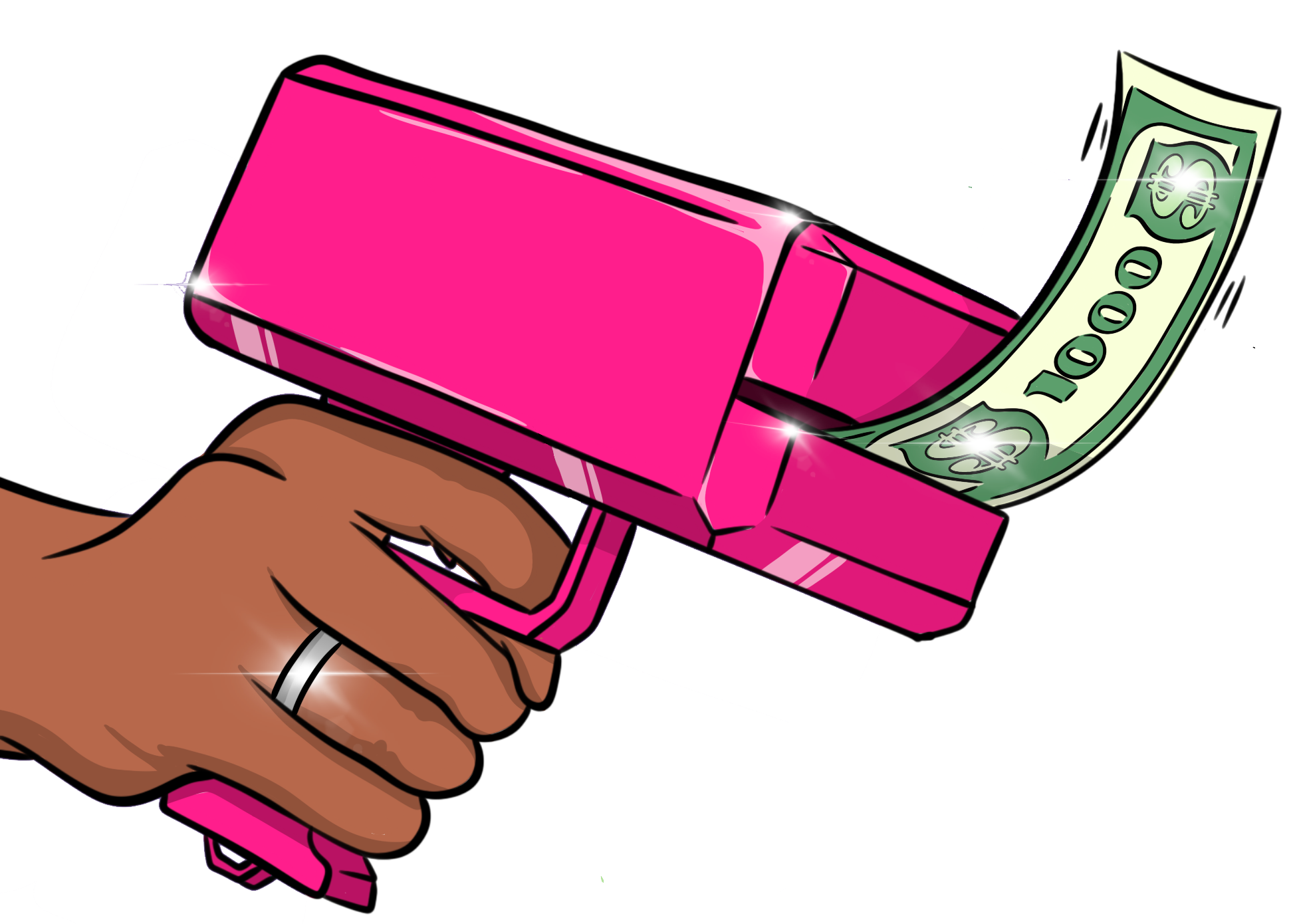I want to talk about something that might seem a bit counterintuitive at first: why you should thank people when they say "no" to you. This is a topic that's particularly important when we talk about consent and healthy relationships, but it actually applies to all areas of life.
Think about the last time someone rejected you. Maybe they turned down a date, or said no to hanging out, or declined an invitation. How did that make you feel? Probably not great. Most of us have been conditioned to see rejection as something negative, something that reflects poorly on us or diminishes our worth somehow.
But here's the thing - receiving a clear "no" is actually a gift. And I'm going to explain why we should be grateful when people are brave enough to give us one. This might challenge some of your existing beliefs about rejection, but stick with me - I think you'll find this perspective shift really valuable.
I first encountered this perspective at a festival about 18 months ago, where I was in a consent workshop, and we were exploring how crucial it is to create spaces where people feel safe to express their boundaries. One part of the workshop in particular stood out to me where we were roleplaying different rejection scenarios, I saw how dramatically a grateful response could shift the entire emotional tone of an interaction. It was a powerful demonstration of how our response to "no" shapes future communication.
First, let's acknowledge something important: saying "no" is hard. Really hard. Especially when it comes to romantic or sexual situations. We're socially conditioned to be "nice," to avoid hurting feelings, to not make things awkward. This conditioning is particularly strong for women, but it affects everyone to some degree.
This social pressure often leads people to give soft nos - making excuses, saying "maybe later," ghosting, or even reluctantly agreeing to things they don't actually want to do. None of these outcomes are good for anyone involved. Let's break down why these alternatives to a clear "no" can be problematic:
- Making excuses: This can lead to prolonged back-and-forth and create false hope
- Saying "maybe later": This keeps someone hanging on when there's no real interest
- Ghosting: This leaves people confused and can cause more emotional harm than a clear rejection
- Reluctant agreement: This can lead to boundary violations and negative experiences for both parties
When someone gives you a clear "no," they're doing several important things:
- They're being honest with you, showing respect for your time and emotions
- They're respecting you enough to give you clear communication
- They're trusting that you can handle rejection maturely
- They're modeling healthy boundary-setting
- They're taking responsibility for their own feelings and choices
Let's dive deeper into why these are all valuable things. When someone is honest with you, they're treating you like an adult who can handle the truth. When they communicate clearly, they're showing respect for your time and emotional energy. When they trust you to handle rejection well, they're acknowledging your maturity.
Think about the alternative. Would you rather someone pretend to be interested when they're not? Make up excuses? Ghost you? Or worse - agree to something they don't actually want? Each of these scenarios can lead to much more pain and confusion than a simple, clear "no."
A clear "no" gives you something valuable: certainty. It lets you move on. It prevents you from wasting time and emotional energy on maybes. It helps you avoid potentially crossing someone's boundaries unknowingly. In essence, it's a form of respect - both for you and for the truth of the situation.
But here's where it gets really interesting. When you respond to rejection with gratitude, you're doing something powerful. You're creating an environment where honest communication feels safe. You're contributing to a culture where direct communication is valued and appreciated.
Let's explore what happens in both negative and positive rejection scenarios:
Scenario 1 - Negative Response to Rejection:
Someone says no → They get met with anger or guilt-tripping → They learn that being direct is dangerous → In the future, they're more likely to ghost or make excuses → This affects all their future interactions
Scenario 2 - Positive Response to Rejection:
Someone says no → They get thanked for their honesty → They learn that being direct is safe → In the future, they're more likely to communicate clearly → This benefits all their future interactions
This ripple effect is crucial to understand. Every time someone has a positive experience being direct with their "no," they're more likely to be direct in the future - not just with you, but with everyone. You're helping to create a culture of clear communication about consent and boundaries.
Now, I want to acknowledge something important: I'm not saying rejection feels good. It doesn't. It's completely normal and okay to feel disappointed, hurt, or sad when someone says no to you. The key is separating those feelings from your response to the person.
transaction, they can understand it as part of a broader framework of mutual respect and clear communication. When saying "no" feels safe, people are also more likely to give enthusiastic, genuine "yes" responses when they truly want something, and not say no out of a lack of trust.
Thanking someone for their “no” creates future trust and, I believe, has the potential to transform how we interact with each other in consent situations.
Think about how this creates a positive feedback loop: When someone says "no" and receives gratitude instead of guilt or anger, they learn that being honest is safe. This makes them more likely to be direct in future situations. The person receiving the "no" also benefits - they learn that rejection isn't catastrophic and that clear communication, even when uncomfortable, leads to better outcomes. Over time, this builds a foundation of trust that extends beyond just that one interaction.
This shift in dynamics is particularly powerful because it addresses one of the core challenges in consent education: the fear of negative reactions. When we remove that fear by consistently responding positively to "no," we make it easier for everyone to be honest about their boundaries and desires. This creates safer, more authentic relationships where both parties can trust that they're getting genuine responses rather than reluctant agreements.
And here's something that often gets overlooked: clear communication about consent can actually be incredibly attractive. When someone demonstrates that they care about and respect your boundaries, it creates a foundation of trust that allows for much deeper intimacy. There's nothing sexier than knowing your partner is really into it and wants your genuine, enthusiastic participation. This kind of mutual respect and clear communication doesn't diminish passion - it enhances it by creating an environment where both people feel safe to express their true desires.
Importantly, this approach helps break down harmful relationship patterns where people feel pressured to maintain unwanted relationships or continue uncomfortable situations out of fear of negative reactions. By normalizing grateful acceptance of "no," we create healthier relationship dynamics where both parties feel empowered to express their true feelings and respect each other's choices.
Have you ever thanked someone for saying no? How did it go? And how do you usually handle rejection? I'd love to hear your experiences and thoughts on this approach.
__
This blog was written by Andy Hartley. Andy is a sex education content creator, and an advisory group member for UK sexual health charity Brook







